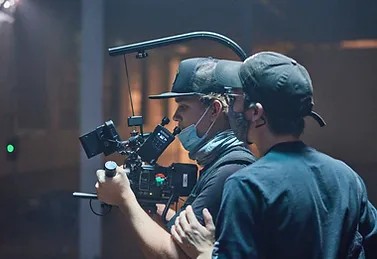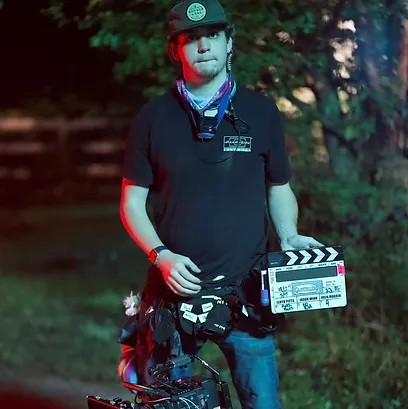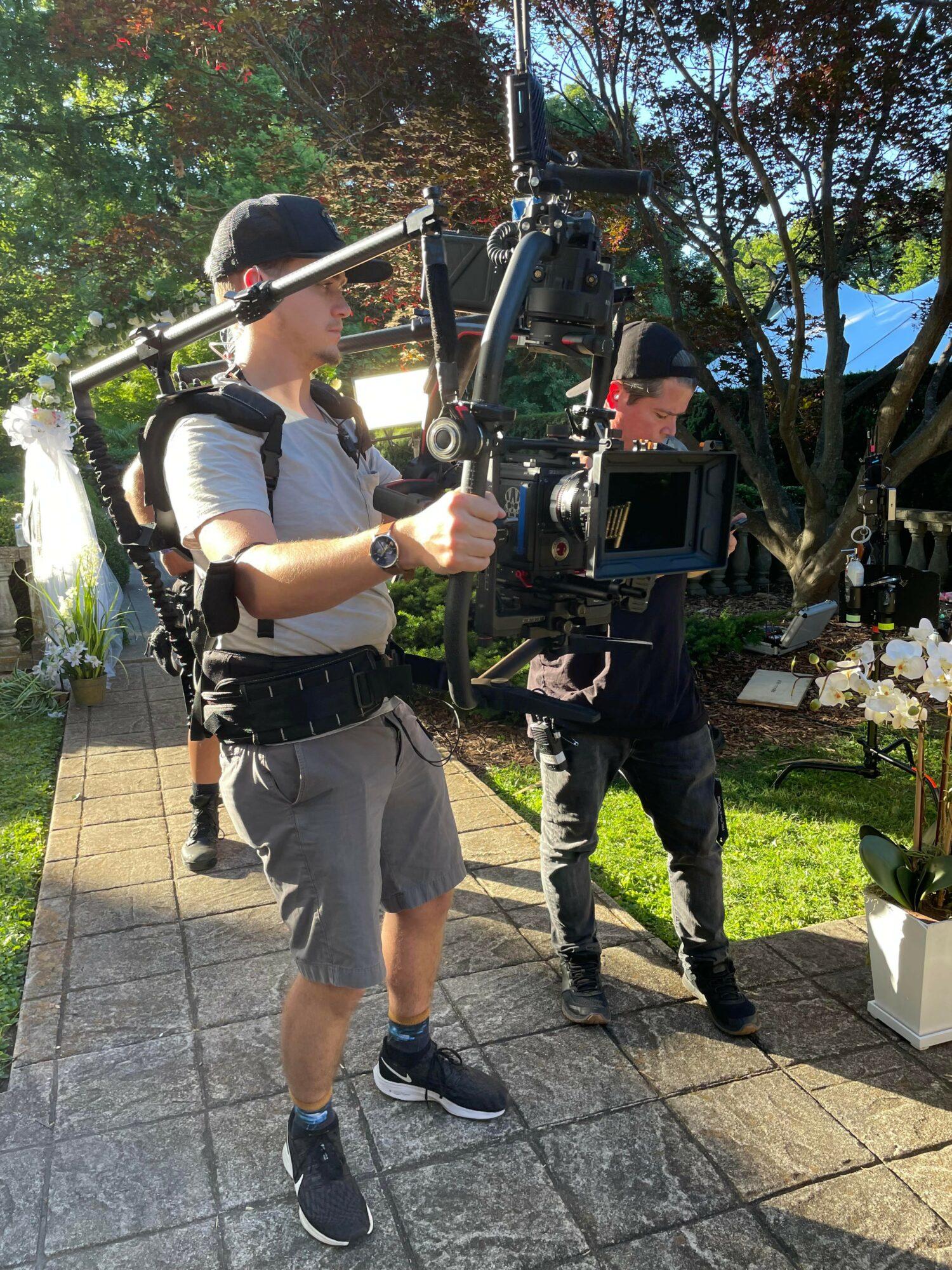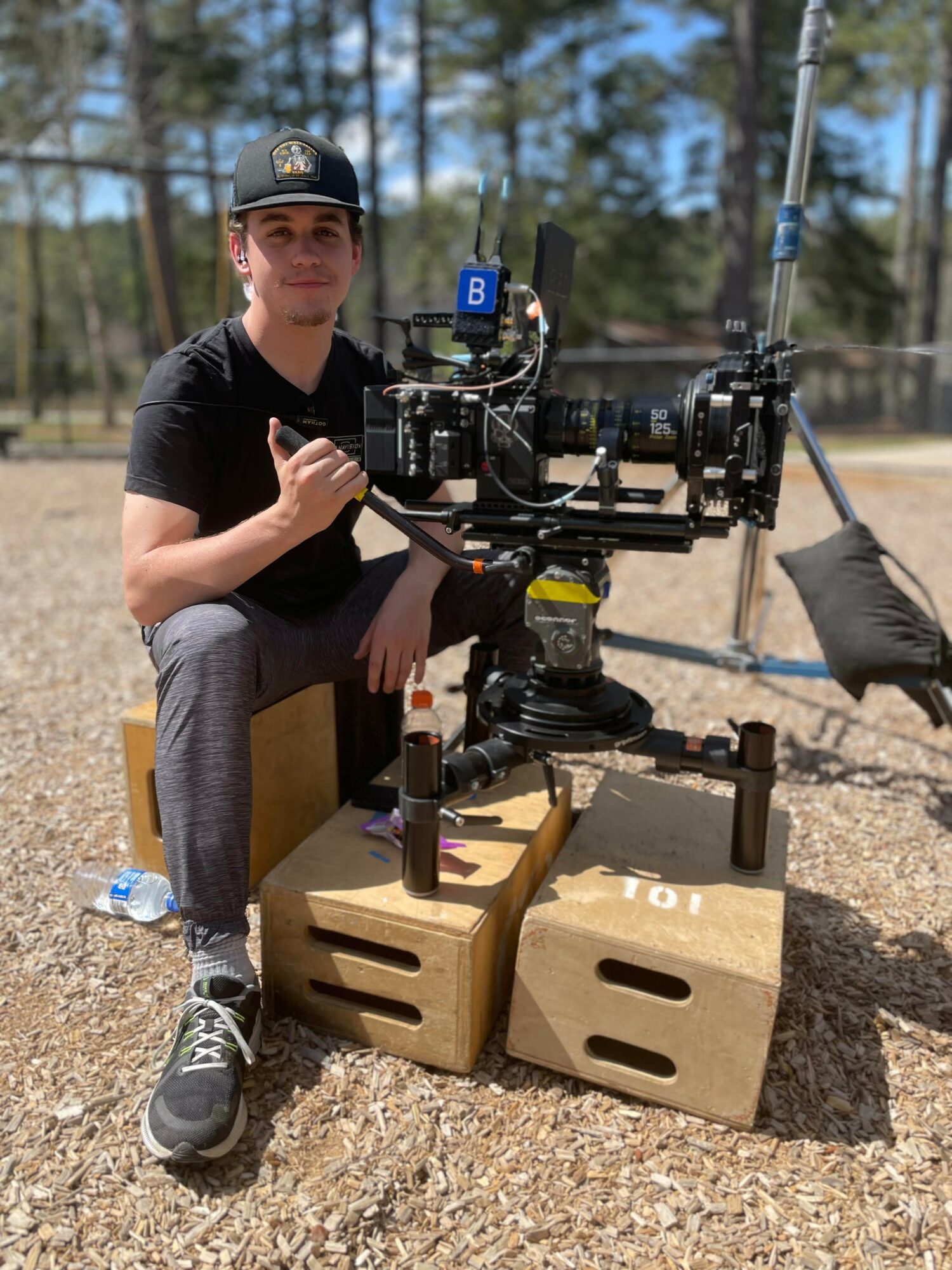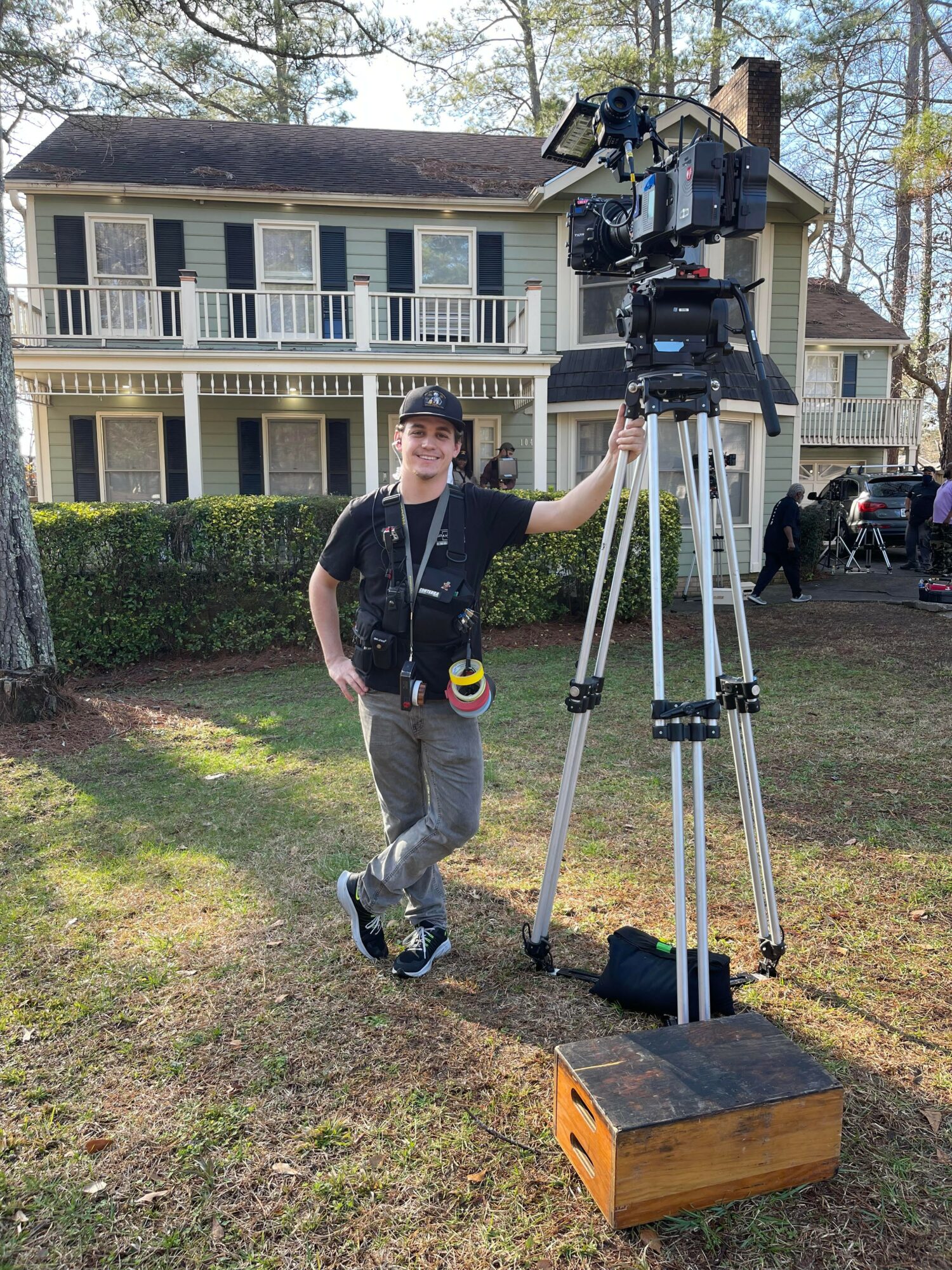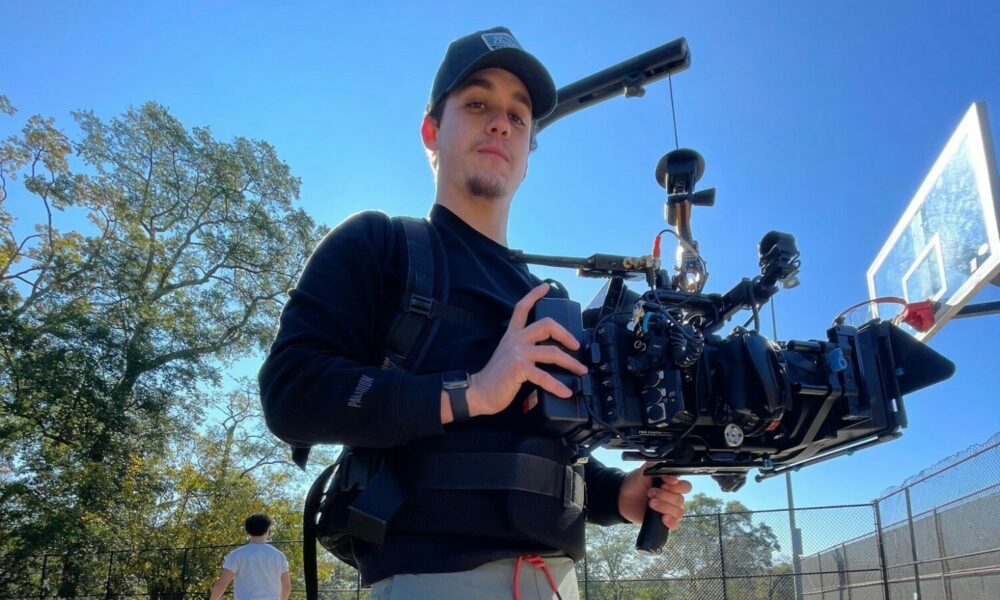

Today we’d like to introduce you to Johnny Phillips.
Hi Johnny, we’re thrilled to have a chance to learn your story today. So, before we get into specifics, maybe you can briefly walk us through how you got to where you are today?
At the age of 12, my father introduced me to many classic films like Indiana Jones, Aliens, Terminator, The Godfather, The Thing. etc. These movies created a burning passion inside my younger self to explore the world of filmmaking. It began on my weekends, where after school I would take friends and family to shoot short films of many genres. When they weren’t available, I used clay and LEGOS to create stop animations. I also spent countless hours on YouTube, teaching myself how to better edit my projects.
Many years later while pursuing a Bachelor’s degree in Film and Digital Media, I was introduced to the world of wedding videography. I continued taking work as a videographer for four years while working a full-time job in college. As I was nearing my graduation, I began to lose interest in the commercial side of videography and started gravitating towards working on more creative endeavors. I wanted to work in the film industry as a Director of Photography, pursuing work that had originally pushed me into filmmaking.
Once I graduated, I took a job as a Cinematographer at a religious organization. I spent a year there, honing in my skills as much as possible with cameras and lighting. Typically I had no help, so I had to learn to be resourceful with what I was given. I also worked as a Camera Operator on their live broadcast sessions that they had each Sunday. During this job, I was also building a network of contacts in the film industry.
Eventually, I felt ready to leave my full-time job to explore the world of freelancing inside the film industry. I began working in the camera department as a 1st and 2nd Camera Assistant on feature film and television projects. Here, I learned as much as I could from those far more experienced than me. When I wasn’t working as an assistant, I was shooting commercials, music videos, and short films to keep my visual skills sharp as a Cinematographer. After sticking to this process for nearly a year and a half, I started to move up in the camera department, landing jobs as a Camera Operator in the film industry.
Now, I’ve gotten to work as a Camera Operator on eight features and a few television series over the last year. These projects have been featured on Lifetime TV, Hallmark, and BET. I’ve also worked as a Cinematographer for a couple of large commercials. I’m always working to better my career, so my next goal is to be hired as the Director of Photography on a feature or television show.
Would you say it’s been a smooth road, and if not what are some of the biggest challenges you’ve faced along the way?
The road has been filled with curves, potholes, speed bumps, and everything you could possibly imagine. When I finally started considering freelancing full-time, I faced many fears and obstacles. Things like very little financial security or an inconsistent work schedule took a large adjustment. I had to learn how to budget for all my expenses for each month and also how to handle my taxes at the end of each year. There were times (and still are) where work wouldn’t appear for weeks, but I had to have faith in myself and my career that it would. When work did appear, my schedule was typically 12-hour work days, five to six days a week. As you can imagine, being able to spend time with yourself and with family and friends could become almost impossible.
Can you tell our readers more about what you do and what you think sets you apart from others?
I currently work in several positions in the camera department, so I’ll explain my role as a Cinematographer in the film industry and commercial world. There are many moving parts and conversations that you must engage with as a Cinematographer which often involve the look of a project, the budget that I must abide by, and the scheduling of each shoot day. I’d like to focus on just the relationship between the Cinematographer and the Director. At the start of the job, I meet very early on with the Director of the project to discuss their script. Typically, the Director will give me a lookbook or some reference, which might be a diagram, mood board, or film example that establishes the overall visual tone or feel of their project. This is called pre-production. During this conversation, I’ll begin to pitch ideas or concepts to the Director that may help serve the visuals of their script. This might look like choosing digital or film, which set of lenses, how we can frame certain scenes, or how the lighting palette will influence the project.
After the visual look of the project is decided, we’ll likely begin location scouting. During this process, the Director and I will work together to ensure each location supports the script as well as the visual look. I also bring along a Gaffer, which is the individual in charge of all things lighting. The Gaffer and I will discuss the lighting style and the specific light units we might need or the technical plan of rigging them. The Gaffer will then communicate to their team to ensure everything is prepped and planned for the production.
As the actual production approaches, the Director will approach me with a shot list for the entire project, which lets me know what they want captured specifically. This might be a close-up shot of an actor crying during a breakup or an extremely wide shot showing the scale of a city.
During each day of the production, it is my job to effectively translate and serve the visual needs of the Director by following a tight schedule (created by an Assistant Director), and capturing each shot on the designated shot list. This requires constant communication to my camera and lighting team. I might let the camera assistants know that the camera should be placed directly in front of an actor with a specific lens to capture their close-up and that I want the Gaffer and their team to stage a light which projects a blue beam across the actor’s face. This process usually repeats for days or weeks until the shooting schedule is completed.
When it comes to my personal career, I’d have to say I’m most proud of what I’ve accomplished in such a small time period. I’m nearly two years into working as a freelance filmmaker, and I feel very blessed to be able to work on the projects that I have. The jobs that I’ve recently been a Cinematographer on felt unattainable when I first began my journey. I’m also proud of the work relationships I formed in my career, many of them becoming close friends that I deeply love and trust. I think what sets me apart from others is my level of care and my drive to always better my work. I always want / try to give my 100% to each person, task or project. After each project, I sit down with myself and think about the overall experience; what did I enjoy, dislike, and how can I improve on the next one?
Alright, so to wrap up, is there anything else you’d like to share with us?
If you are a creative or artist, remember that everyone has a different path. There will always be periods of highs and lows in your career, so try to take away something meaningful or positive from each experience. It may better prepare you for the next project. Most importantly, work hard when the jobs do come, but learn to make time for yourself and others.
Contact Info:
- Website: www.johnnyphillipsdp.com
- Instagram: https://www.instagram.com/johnny.phillips_/
